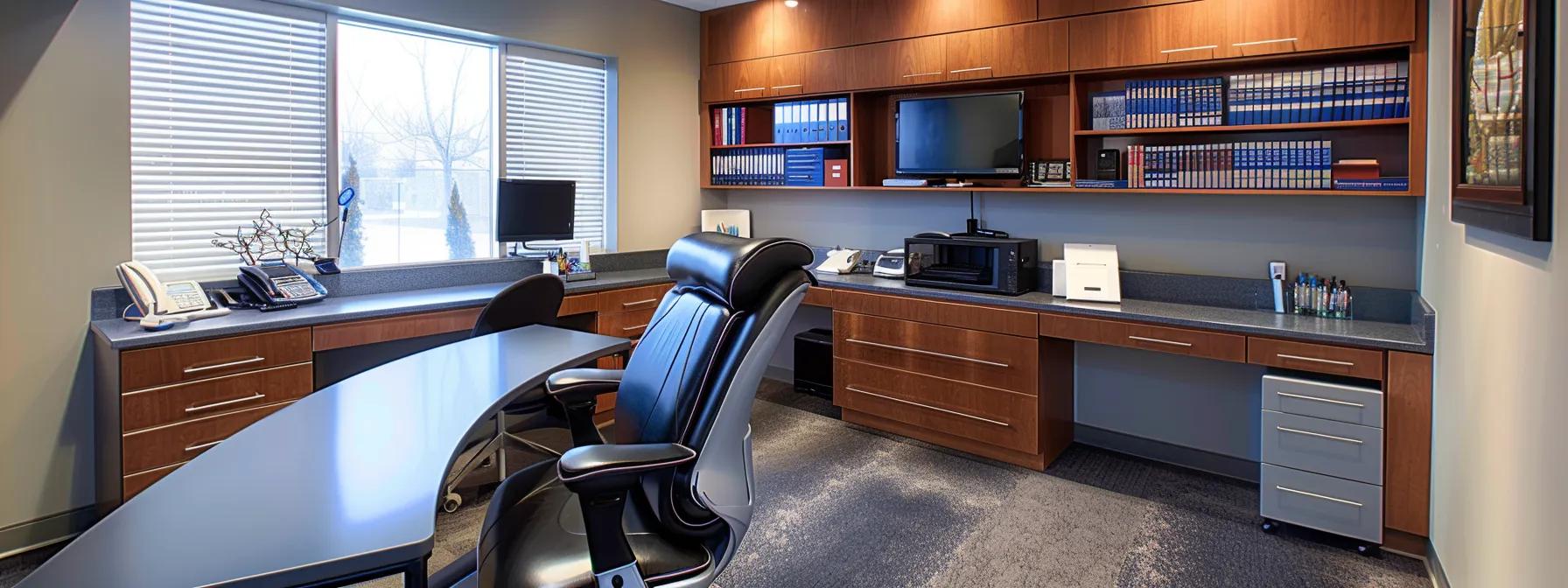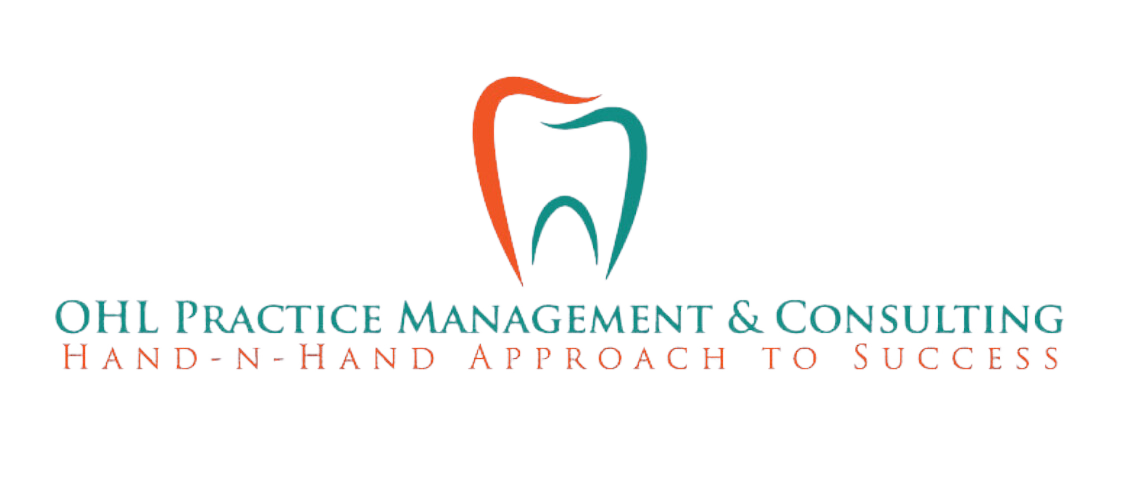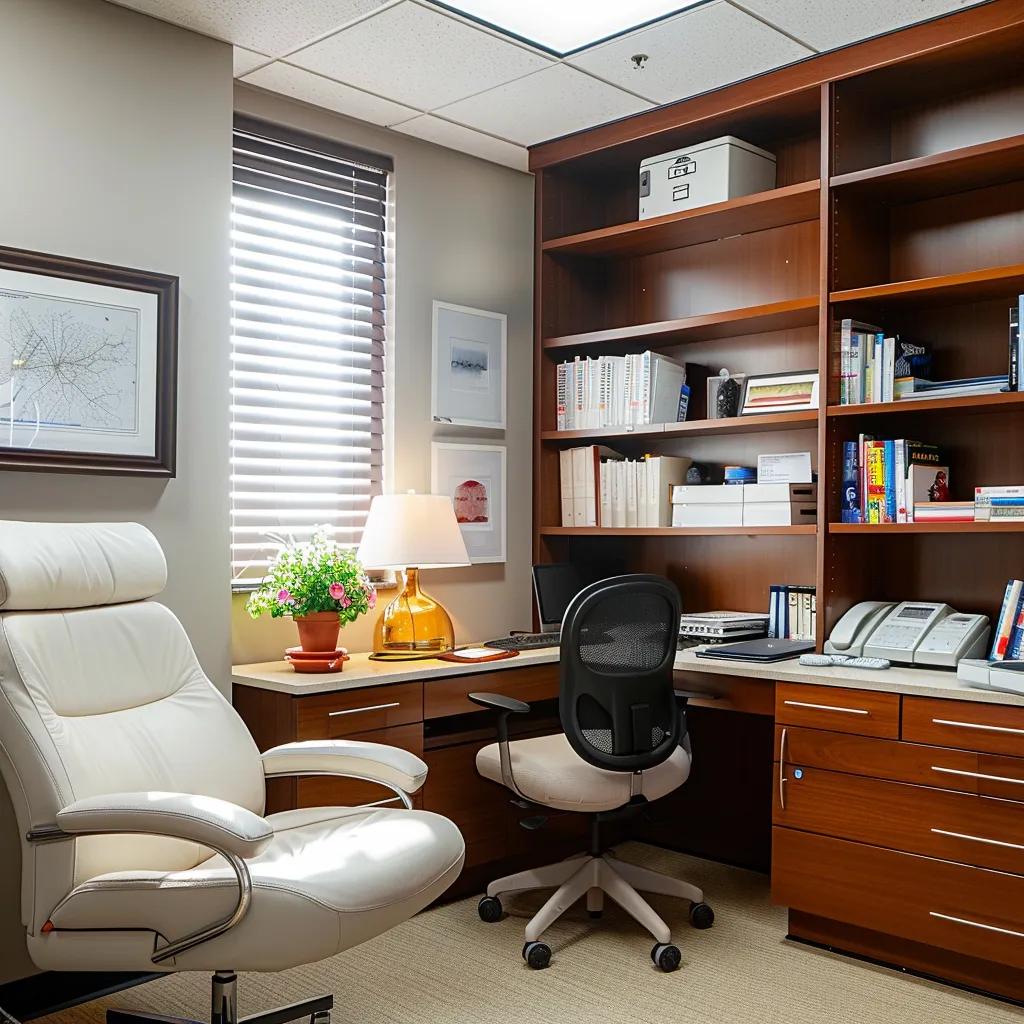Why Your Choice of Specialist Matters More Than You Think
Sleep apnea isn’t just about snoring—it’s a potentially life-altering condition that impacts sleep quality, energy levels, cardiovascular health, and even mental sharpness. Yet many people go years without a proper diagnosis or the right kind of care. One reason? They’re unsure how to find a specialist who truly understands the complexities of sleep apnea and can offer a treatment plan that goes beyond a one-size-fits-all solution.
The right sleep apnea expert does more than write a prescription for a CPAP machine. They diagnose, personalize, guide, and collaborate. They look at how sleep apnea intersects with your overall health, your lifestyle, and your treatment preferences. And they work with other providers—like dentists, ENTs, or cardiologists—when a collaborative approach is what you need.
In this guide, we’ll walk you through what to look for when evaluating a sleep apnea professional. We’ll break down qualifications, red flags, diagnostic tools, and treatment strategies to help you make an informed decision. Because when it comes to something as foundational as your sleep, clarity is the first step to healing.
The True Scope of Sleep Apnea: It’s More Than Just Snoring
Sleep apnea often flies under the radar because its most obvious symptom—snoring—is usually dismissed as harmless. But behind the noise is a serious medical issue. Obstructive sleep apnea causes the airway to collapse during sleep, leading to brief interruptions in breathing that repeat hundreds of times a night. These interruptions strain the body and rob the brain of oxygen.
What makes this condition especially dangerous is its ripple effect. Untreated sleep apnea has been linked to high blood pressure, heart disease, stroke, Type 2 diabetes, and even memory loss. It can also worsen mental health symptoms like anxiety or depression and increase the risk of accidents caused by daytime drowsiness. And yet, because it often goes undetected, many people don’t seek help until symptoms are advanced.
That’s why working with a specialist who recognizes the full scope of sleep apnea is so important. A great provider doesn’t just treat what’s on the surface—they evaluate the whole picture. That includes your cognitive function, emotional state, cardiovascular risk, and even your sleep environment. With this kind of expertise, you don’t just get a device—you get a plan that truly supports your long-term health.
Credentials Matter: What to Look For in a Sleep Apnea Expert
One of the most important qualifications to look for is board certification in sleep medicine. This ensures the provider has completed advanced training in sleep disorders and passed rigorous testing to demonstrate their expertise. A certified professional is more likely to stay updated on the latest research and treatments, which directly benefits you as a patient.
In addition to certification, hands-on experience is critical. A seasoned expert has managed a variety of cases and knows how to adapt treatment when the standard approach doesn’t work. For example, they might suggest oral appliance therapy through a dentist partner when CPAP is intolerable, or positional therapy for those whose apnea worsens when lying on their back.
Finally, how the specialist communicates with you matters just as much as their technical knowledge. Are they listening to your symptoms? Explaining your test results in a way that makes sense? Offering clear next steps? A good sleep apnea expert won’t just diagnose you—they’ll partner with you.
The Importance of Accurate Diagnosis and Personalized Testing
Diagnosis is the cornerstone of effective treatment. And a good diagnosis doesn’t come from guesswork—it comes from structured, thorough evaluation. The right expert will start by reviewing your medical history, looking at symptoms that go beyond snoring or fatigue, like jaw tension, headaches, or memory lapses.
They’ll also conduct a physical exam to assess your airway, nasal passages, jaw alignment, and other relevant anatomical features. These details help identify whether your sleep apnea stems from an anatomical obstruction or neurological miscommunication. That’s crucial information for deciding on the most effective treatment plan.
Next comes testing. While at-home sleep tests are more common today, they aren’t always the best fit—especially for complex or borderline cases. A qualified sleep specialist will know when to use home testing and when to recommend in-lab polysomnography. Their goal should be precision, not convenience. A clear diagnosis paves the way for the right solution.

Treatment Isn’t One-Size-Fits-All: Why Customization Matters
Once your diagnosis is confirmed, your treatment should be as unique as your sleep pattern. A sleep apnea expert will tailor your therapy based on your lifestyle, comfort level, and other medical conditions. They may start with CPAP, but if that’s not tolerated well, they’ll quickly pivot to alternatives like oral appliance therapy, positional therapy, or myofunctional therapy.
A multidisciplinary approach is often required. In more complex cases, your sleep expert should be coordinating with dentists for oral appliances, ENTs for airway obstruction, or cardiologists when there’s underlying heart risk. This level of coordination can dramatically improve your outcomes, reduce frustration, and help you feel cared for rather than shuffled between offices.
Customization doesn’t stop with the initial plan. A top-tier sleep expert will monitor your progress and make real-time adjustments. They’ll follow up on whether your symptoms improve, how your body responds to treatment, and whether new tools or modifications are needed. This responsiveness ensures your treatment evolves with your needs.
The Power of Collaboration: Why a Team Approach Works Best
Sleep apnea doesn’t just affect one part of your body. It affects your breathing, your brain, your heart, your immune system—and, often, your relationships. That’s why treatment shouldn’t be handled in isolation. Collaborative care is often the missing piece in long-term success.
The best sleep apnea experts work in tandem with a range of professionals. Dentists trained in dental sleep medicine provide oral appliance therapy, which is especially useful for patients who can’t tolerate CPAP. ENTs may step in when nasal or throat anatomy is contributing to airway obstruction. And in some cases, behavioral health providers help address the emotional toll of chronic sleep deprivation.
This interdisciplinary approach ensures that every facet of your sleep disorder is being addressed. It prevents gaps in care, improves compliance, and delivers more comprehensive results. At Beverly Hills Aesthetic Dentistry, we believe in this kind of team model—and we’ve built our patient experience around it.
Financial and Insurance Considerations: What You Need to Know
Sleep apnea care can feel financially overwhelming, especially if you’re navigating diagnostic tests, follow-up visits, and durable medical equipment. That’s why selecting a provider who is transparent about costs and knowledgeable about insurance is so important. Your provider should not only diagnose and treat you—but also help you understand what your insurance covers and how to access that support.
Accurate, detailed documentation from your sleep specialist is often necessary to unlock insurance coverage. This includes test results, clinical notes, and letters of medical necessity. Without this paperwork, insurance companies may delay or deny your claims—even if the treatment is clearly warranted.
The good news is that many providers now offer payment plans, third-party financing, and even bundled treatment pricing to make care more accessible. Don’t be afraid to ask about these options. The right expert will work with you—not against you—when it comes to cost.
Preventive Practices and Long-Term Management
Managing sleep apnea doesn’t end when treatment begins. Your provider should also be helping you adopt lifestyle changes that support long-term success. Weight loss, smoking cessation, positional therapy, and improving sleep hygiene all play a role in reducing symptoms and increasing treatment effectiveness.
Routine follow-ups are just as essential. These check-ins allow your provider to evaluate how well treatment is working, identify side effects early, and recommend changes if needed. A treatment plan that’s left on autopilot rarely stays effective. A proactive provider ensures you continue to improve.
You should also expect ongoing education. A great sleep apnea expert helps you understand your condition so well that you become your own best advocate. They empower you to ask questions, monitor symptoms, and take ownership of your care journey. That kind of partnership builds trust—and results.
Final Thoughts: Your Sleep Is Worth the Right Specialist
Choosing a sleep apnea expert isn’t just about convenience or availability. It’s about finding someone with the right qualifications, the right mindset, and a willingness to treat you as a whole person. Your sleep impacts your energy, your heart, your brain, your relationships—even your future lifespan. That’s why this decision matters.
The best specialists are board-certified, experienced in treating a wide range of sleep apnea cases, and committed to collaboration. They know that no single treatment fits everyone—and they’re ready to pivot when needed. Most importantly, they communicate clearly, listen to your concerns, and guide you through the process with empathy and expertise.
At Beverly Hills Aesthetic Dentistry, we believe in that level of care. And whether we’re managing oral appliance therapy or referring you to a trusted sleep partner, we’re here to help you breathe easier and sleep better—one night at a time.
Don’t let uncertainty hold you back. Schedule a consultation today and start building a thriving dental sleep practice with Ohl Consulting!
Ohl Practice Management & Consulting
connect@ohlpracticeconsulting.com
FAQs
What should I look for when choosing a sleep apnea expert?
Start by verifying board certification in sleep medicine. Then ask about their experience with CPAP alternatives like oral appliances. Finally, make sure they value collaboration and are willing to work with dentists, ENTs, or other specialists for comprehensive care.
How can I verify a provider’s credentials?
You can check certifications through the American Board of Sleep Medicine or the American Academy of Sleep Medicine. Patient reviews, referrals from your dentist or PCP, and consultations are also good ways to evaluate expertise.
What happens if my first treatment doesn’t work?
A good specialist will adapt. If CPAP fails, they’ll explore other options like oral appliance therapy or surgery. The key is flexibility and a willingness to personalize your care plan until it works.
Related Articles
Sleep Disorders Apnea, Apnea Solutions, Holistic Apnea Solutions, Understanding Sleep Disorders, Sleep Apnea Experts, Sleep Apnea Care, Sleep Quality





